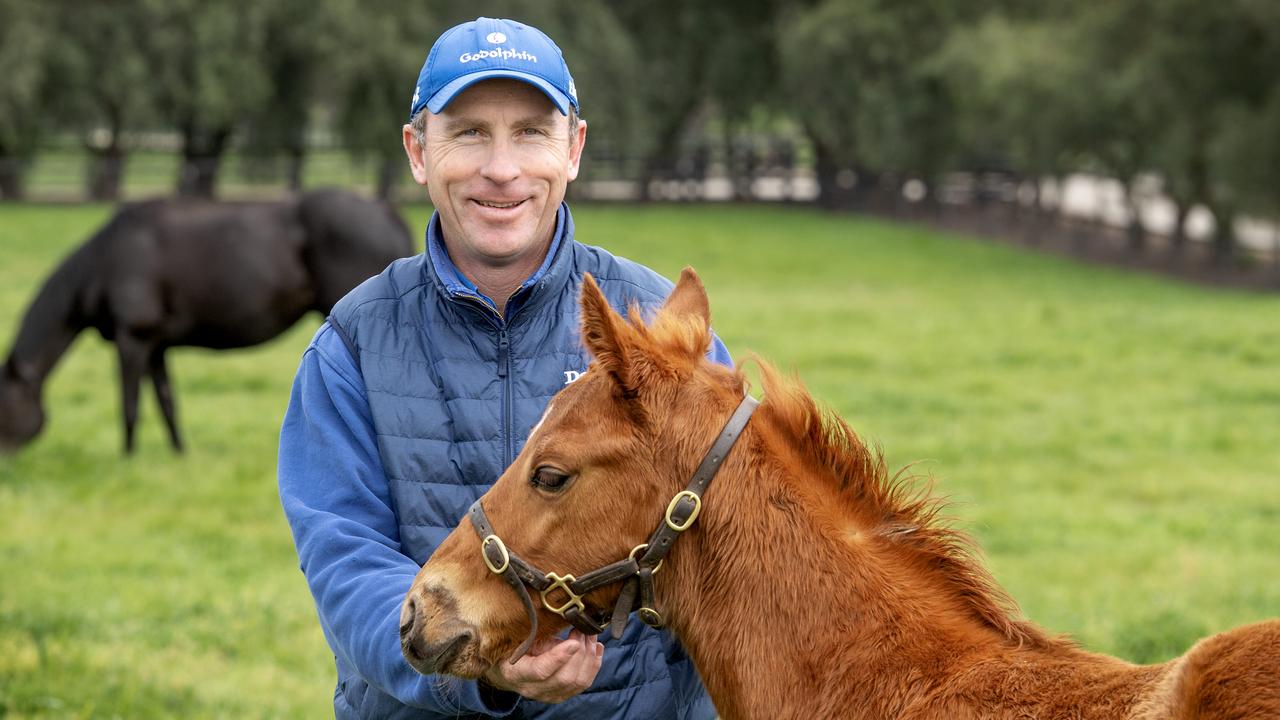Bird flu Victoria: Egg leaders support ACCC free-range labelling exemption
Egg industry leaders explain why a labelling exemption for free-range hens now forced indoors amid Victoria’s bird flu outbreak is required and how the situation will affect egg supply.

TWO Victorian egg farms have now been infected with highly pathogenic avian influenza, with producers legally required to house all birds in Golden Plains Shire indoors for at least a month.
Australia’s consumer watchdog has made an exemption for free-range labelling in the area, following the housing order coming into effect last Friday, saying it considered the highly contagious disease outbreak near Lethbridge to be an “exceptional circumstance”.
“The ACCC will not initiate enforcement action in relation to free-range claims during this period for those free-range egg producers who are required to house poultry under the Victorian Government’s order,” an Australian Competition and Consumer Commission spokesman said.
“We do, however, encourage affected egg producers to adjust their labelling to let consumers know of the temporary changes to their production system, if they are in a position to do so.”
Victorian Farmers Federation egg group vice-president and Werribee farmer Brian Ahmed said locking the birds up was the right thing to do for their welfare and the whole industry, but said it was important the public was “fully aware” of the situation, including why it was being done and the exemption in labelling.
Australian Eggs managing director Rowan McMonnies said consumers were “unlikely to be concerned about (the) short-term measure”.
“The regulators have recognised that there are practical limitations on changing packaging overnight, as this incident will most likely be resolved quicker than egg farmers can order and use new packaging,” Mr McMonnies said.
Farm Pride Foods at Lethbridge was the second farm to test positive to the disease last week, with the ASX-listed company calling for a trading halt last Thursday. The company’s share price plummeted 21.7 per cent to 23.5 cents when trading restarted on Monday.
In an ASX statement, the company said the approximate number of hens lost, including cage, free-range and barn, was 340,000 – about 30 per cent of the company’s productive hen flock.
It said the full financial impact was still being determined but the reduction in FY21 net revenue was approximately between $18 to $23 million.
The first farm to test positive for the H7N7 avian influenza virus was on July 31 and more than 40,000 free-range birds were culled.
Mr Ahmed said it could take 1-2 years for farms to be fully operating again after being infected.
“If they don’t have the fund they could shutdown completely,” he said.
In the short-term, Mr McMonnies said while the number of hens that needed to be destroyed was large, they only reflected about 2 per cent of the national market, so it was likely national supply would fill the gap.
“The lockdown in Victoria could help in this regard, as eggs are already being diverted from food service cafes and restaurants to supermarkets and retail channels,” he said.
A second strain of avian influenza, the low pathogenic H5N2, was also confirmed yesterday to have infected two properties on opposite sides of Victoria.
The virus was detected in a turkey flock near Lethbridge and a poultry farm at Bairnsdale.
Victoria’s Chief Veterinary Officer Dr Graeme Cooke said the H5N2 strain of the virus had a much lower effect on poultry than highly pathogenic avian influenza.
Any cases of unexplained bird deaths in Victoria should be reported to the 24-hour Emergency Animal Disease Watch Hotline on 1800 675 888.
FREE-RANGE CONCERNS EMERGE
The outbreak has renewed calls for free-range egg farming practices to be reviewed.
Charles Sturt associate professor of veterinary epidemiology and public health Marta Hernandez-Jover is calling for a more co-ordinated approach to biosecurity management to ensure it is better understood and implemented.
“Modelling suggests there’s a six to seven per cent increase in the risk of an avian influenza outbreak in the country for each 25 per cent shift from indoor to free-range systems,” she said.
While, Mr Ahmed, who has been an egg farmer for 50 years and has farmed farm-range, caged and barn hens, said the outbreak again proved a recent push to ban cages was not feasible.
“I’ve been saying from day one, the more birds we put outside the higher the risk,” he said.
“If we as industry are expected to supply (a large) volume of eggs, we have to have a combination of free-range, caged and barn eggs.”
“Consumers should understand we cannot ban cages because these diseases (salmonella and avian influenza).”
There have been eight highly pathogenic avian influenza outbreaks on poultry farms in Australia since 1976, when reports were made available, including three in Victoria between 1976 and 1992.



